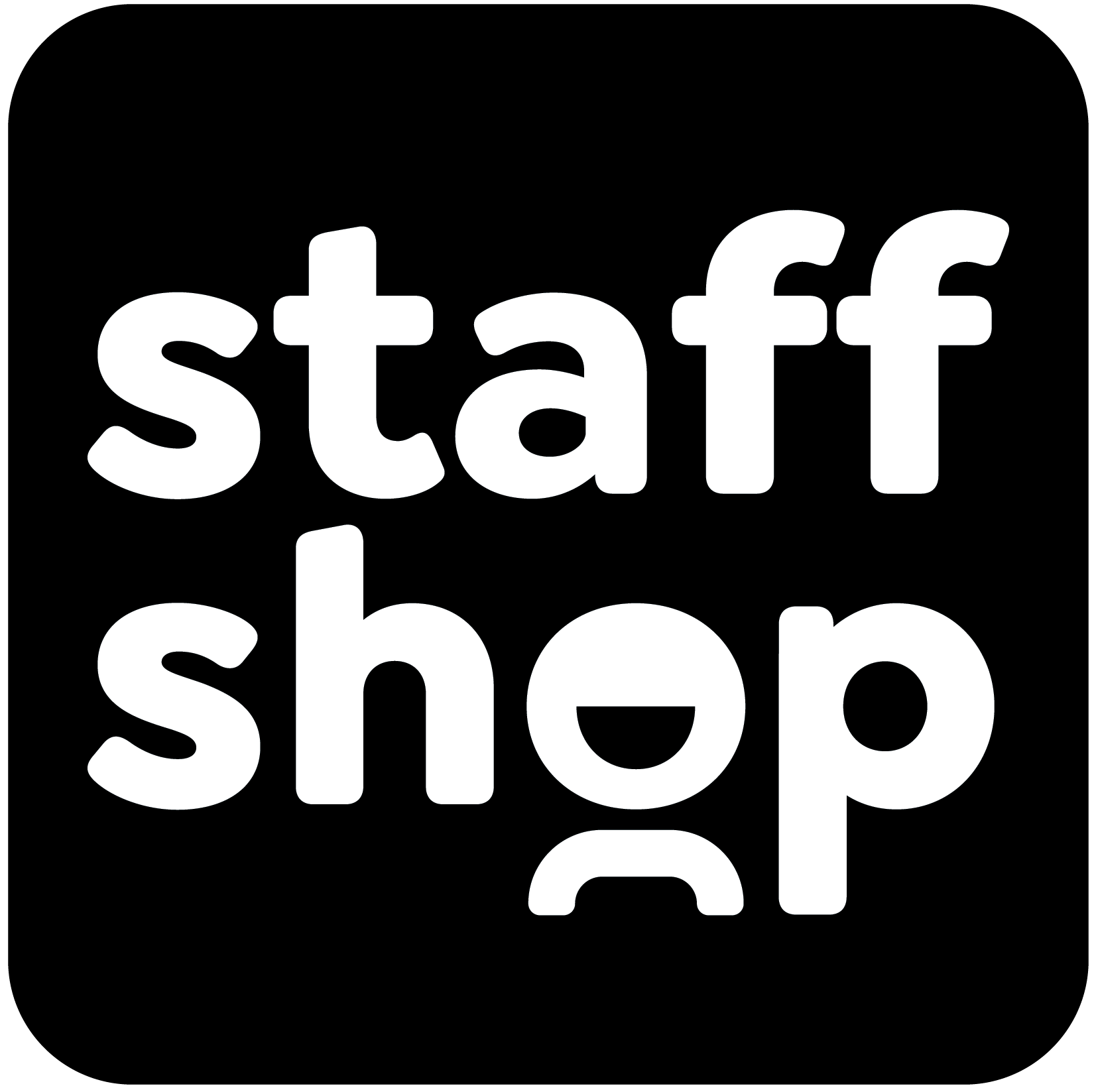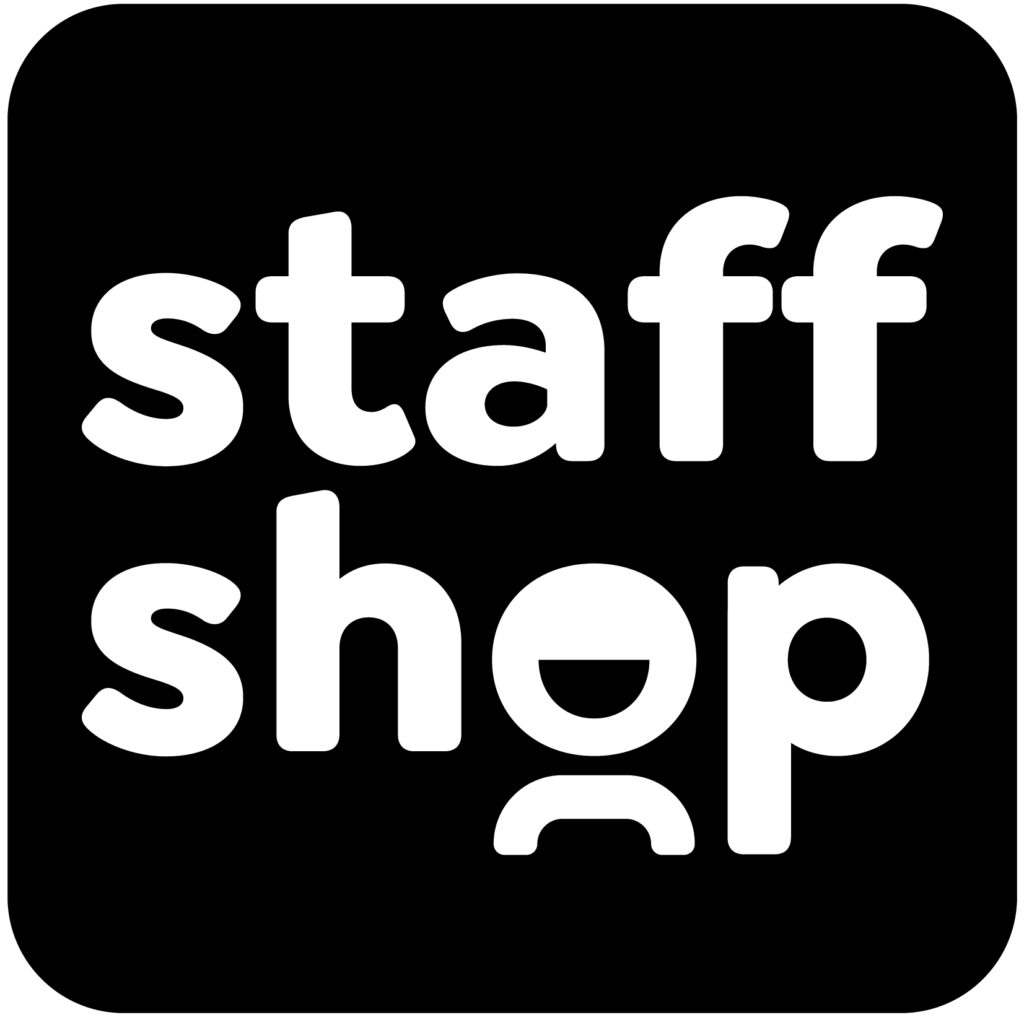“Human trafficking is an open wound on the body of contemporary society, a scourge upon the body of Christ. It is a crime against humanity.” — Pope Francis
Disturbingly, 97% of victims of human trafficking in Canada are women and girls, according to Statistics Canada (2018). Nearly half of these victims fall between the ages of 18 and 24 (Statistics Canada, 2020). This means that many vulnerable young women and children are being targeted in communities across our first-world country.
You hear the term “Human Trafficking” and you probably think it’s only happening in some far away land, but the fact is that this crime is being committed right here in our own backyard! We are not sheltered from this vile act. In fact, most human trafficking crimes that occur in Canada are Canadian. This means it is our problem collectively and it is our responsibility as a united nation to put an end to it.
We know that the best way to help is to first educate ourselves. We’ll aid in providing an overview of what human trafficking is in this blog, then follow up with ways you can help. You might be wondering why we are blogging about this? For this month, we have decided to shed some light on a subject that we feel doesn’t get enough attention. We want to use our platform to make a positive difference in people’s lives. Staff Shop will always fight for freedom – one of our core values. And through our business/platform, we hope to create awareness and provide survivors with opportunities through employment.
What is Human Trafficking?
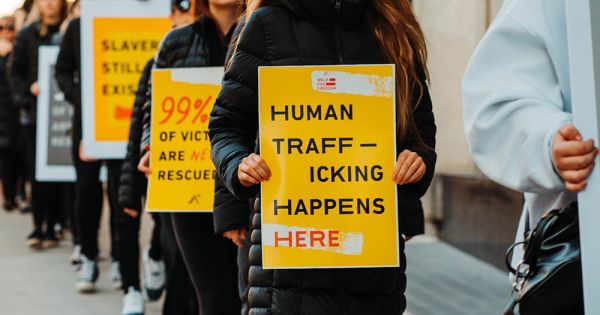 There are plenty of misconceptions out there. While we imagine that it’s some foreign criminal plucking children from their beds in a white van and taking them across the border, that’s rarely the case. It’s much more complex. This is an organized crime, and oftentimes, facilitated by family and friends vs strangers.
There are plenty of misconceptions out there. While we imagine that it’s some foreign criminal plucking children from their beds in a white van and taking them across the border, that’s rarely the case. It’s much more complex. This is an organized crime, and oftentimes, facilitated by family and friends vs strangers.
According to Public Safety Canada, human trafficking is the act of holding, recruiting or moving victims for the purpose of exploiting them for profit. Victims are often forced into sexual abuse or enslaved labour. Many victims are emotionally and physically abused in addition to being robbed financially, only to be left with debt and poor credit if they survive. Human traffickers are master manipulators.
They look for victims in places where you might find vulnerable youth – particularly women. They’ll go to bus stations, youth shelters, group homes, malls, social media and even outside of schools. According to Public Safety Canada, most traffickers first lure in their victims and establish trust with them. During the luring phase, the trafficker will offer friendship, a romantic relationship or even job opportunities – anything and everything a victim may be seeking.
Next, the trafficker grooms the victim. This is where the manipulation comes into play. They may isolate them from anyone who will get in the way of keeping them captured. They may pressure them into doing things as payback for gifts or money. They might also use blackmail and threats to get the victim to do what they want.
Lastly, there is exploitation. This is where the trafficker takes full control of the victim. The goal is to keep the victim in a submissive position and they achieve this through an endless mix of manipulative tactics. Some traffickers supply drugs and use that addiction to keep the victim from straying. Some survivors have been found with microchips and trackers implanted in them to prevent them from escaping.
Clearly, this is a heinous crime and the truth is it’s happening close to home daily. Ninety percent of police-reported cases have occurred in major cities, but it can happen anywhere.
Missing and Murdered Indigenous Women and Girls
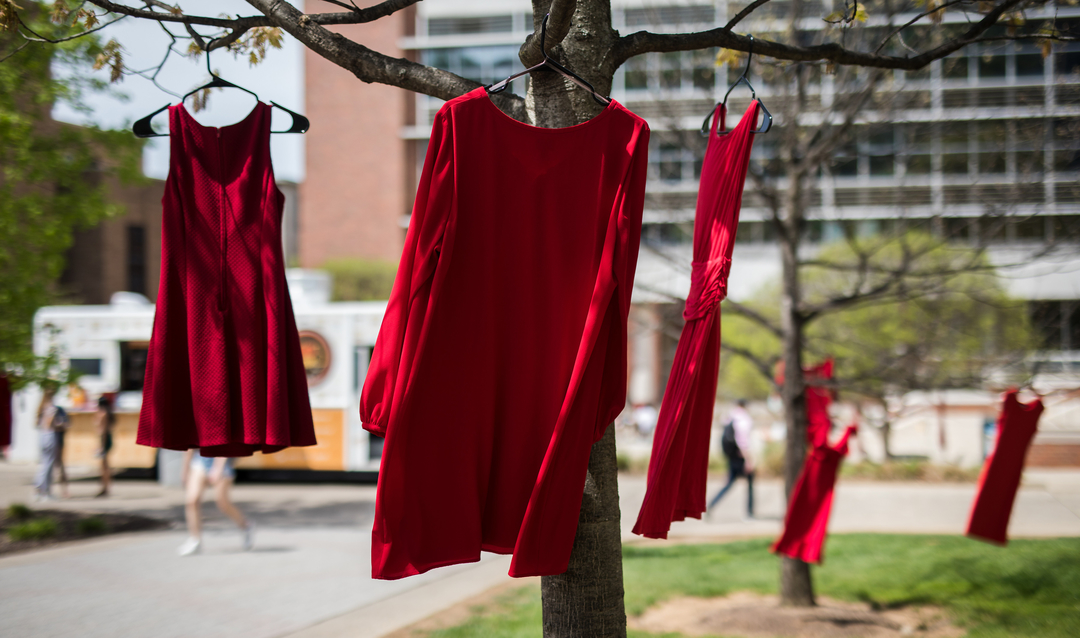 We cannot talk about the human trafficking problem in Canada without mentioning the Missing and Murdered Indigenous Women and Girls (MMIWG) crisis. Women and girls who identify as Indigenous are more vulnerable to this type of crime, according to the Department of Justice (2017).
We cannot talk about the human trafficking problem in Canada without mentioning the Missing and Murdered Indigenous Women and Girls (MMIWG) crisis. Women and girls who identify as Indigenous are more vulnerable to this type of crime, according to the Department of Justice (2017).
Why are Indigenous women particularly vulnerable? Poverty has been listed as a factor, as well as the legacy of colonization, according to a report presented by the Ontario Native Women’s Association. Generational trauma makes these women and girls easy targets for these types of crimes.
What You Can Do to Help
 If you suspect someone has been trafficked, there are several resources you can use to report it.
If you suspect someone has been trafficked, there are several resources you can use to report it.
- Canadian Human Trafficking Hotline: 1-833-900-1010
- Kids Help Phone: 1-800-667-0816
- Victim Services Toronto: 416-808-7066
- Or call 9-1-1 or your local police service.
There are other ways you can help, such as:
- Support on-the-ground organizations, such as Canadian Centre to End Human Trafficking.
- Check out IJM Canada to see what’s happening internationally.
- Write to your local, provincial and federal representatives!
- Watch movies and documentaries about human trafficking, such as the film The Sound of Freedom and share!
- Find more resources online!
What We Are Doing?
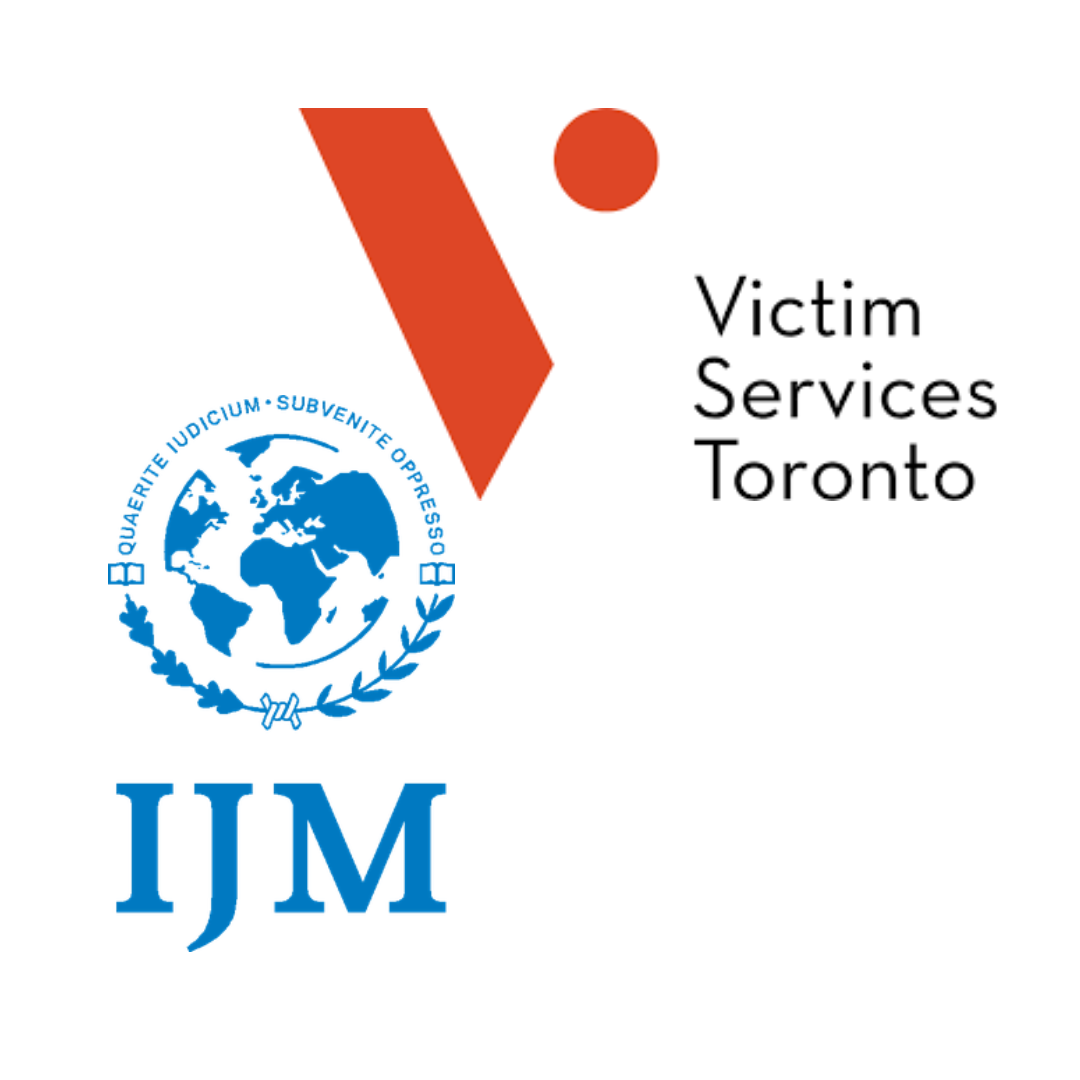 Staff Shop founder & CEO, Jennifer Ménard-Shand sits on the board of Victim Services Toronto, who shared the following stats:
Staff Shop founder & CEO, Jennifer Ménard-Shand sits on the board of Victim Services Toronto, who shared the following stats:
- 2.4 million Canadians reported being sexually victimized as a child. Canadian Centre for Child Protection, 2018
- 92% of victims of human trafficking knew their trafficker beforehand
- 2/3 of human trafficking incidents between 2009-2018 were reported in Ontario
- According to Statistics Canada (2018), members of vulnerable or marginalized groups are at greater risk of victimization in Canada
- 70% of victims of human trafficking are under 25 years old
See this video of survivor testimonials.
Victim Services Toronto is an organization that provides trauma-informed support to anyone who is the victim of a crime or sudden tragedy. While we are focussing on human trafficking today, VST offers support for victims of any type of crime, such as domestic violence.
Stats from International Justice Mission (IJM Canada):
- Human trafficking generates roughly $150 billion a year—two-thirds of which comes from commercial sexual exploitation, especially online in certain countries
- Worldwide, up to 50% of sexual assaults are committed against girls under 16 years of old
- There are an estimated 50 million people held in slavery today
- Roughly 86% of forced labour takes place in the private economy—homes, businesses and supply chains
Staff Shop has donated time and funds to both Victim Services Toronto and IJM. We will continue to support these causes through our network, resources and reach. We believe we have a responsibility to do so as human beings with hearts for healing and change.
From our October “What Breaks Your Heart” blog:
“Human trafficking has always been unfathomable to me. My mind and heart can’t even begin to understand this type of evil. I can only pray, and do my part to contribute to any possible solutions. Whether it be time spent with victims/survivors, helping them get connected with faith and the right people, donating to the right charities, employment resources and opportunities, self defense, etc. – we can only give back as much as we can and hope it helps them heal and feel valued in this world. The perpetrators also need prayers and miracles. I hope to start a charity someday, dedicated to solving this crime against humanity.”
Contact Us
If you’re looking for more ways to get involved, Victim Services Toronto is hosting their 16th Annual Chief’s Gala on November 16th. Support the event through the purchase of a table, individual ticket, or sponsorship package. Jennifer and the team are always happy to offer some more suggestions on ways you can help. Contact us today.
As always, we invite you to join us or hire us. If you are a survivor looking for employment opportunities, please do not hesitate to reach out.
A sunrise is God’s way of saying, “Let’s start again.” — Todd Stocker
